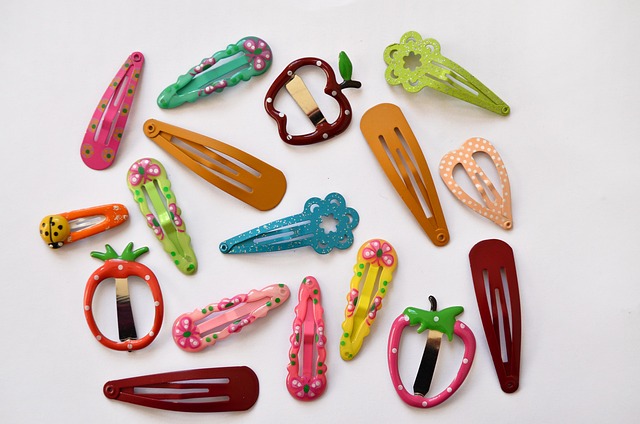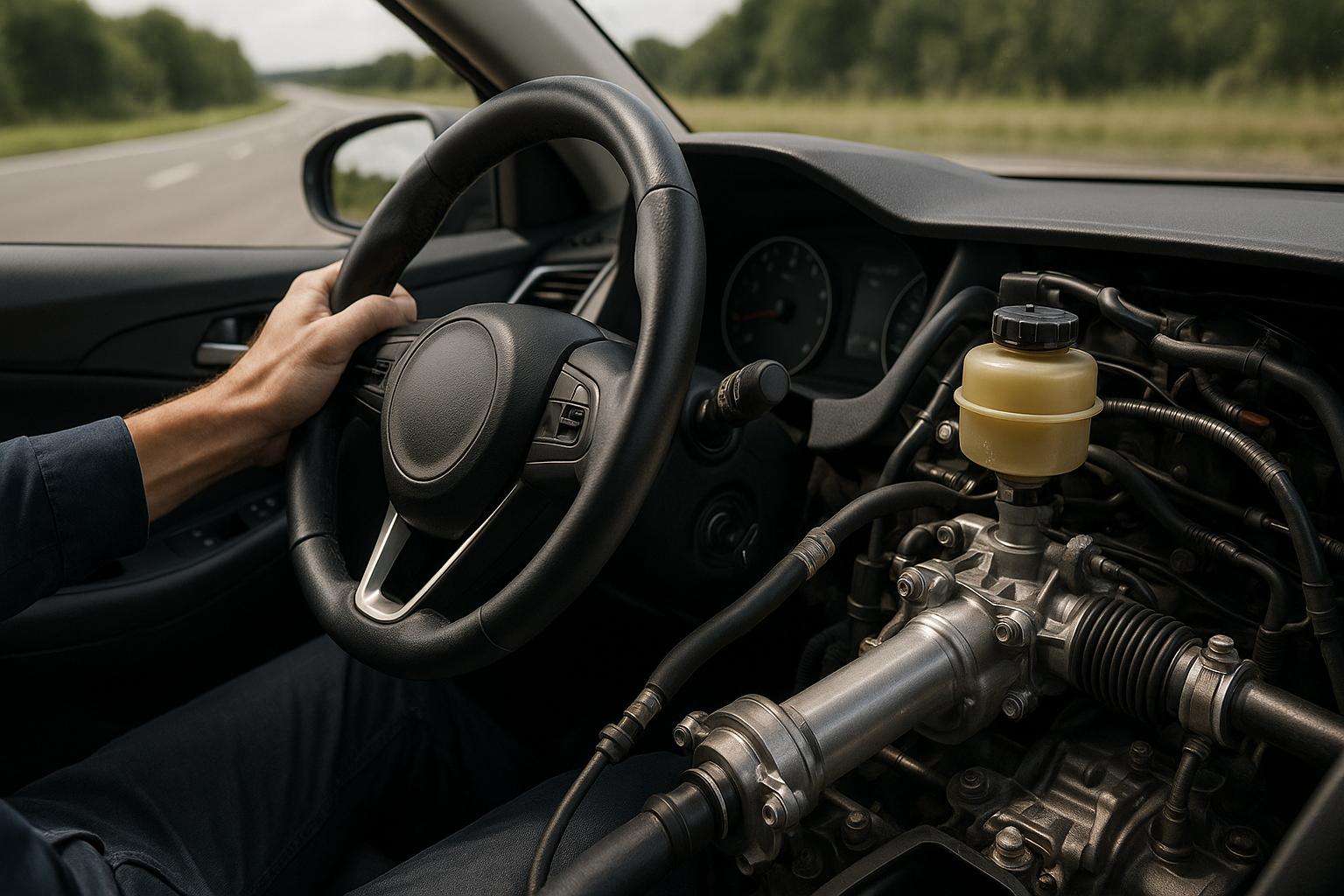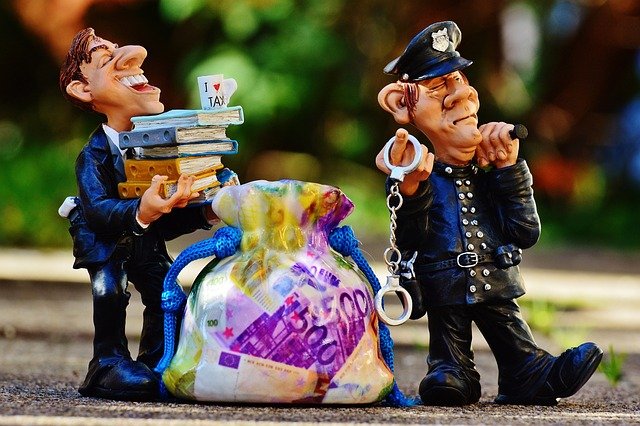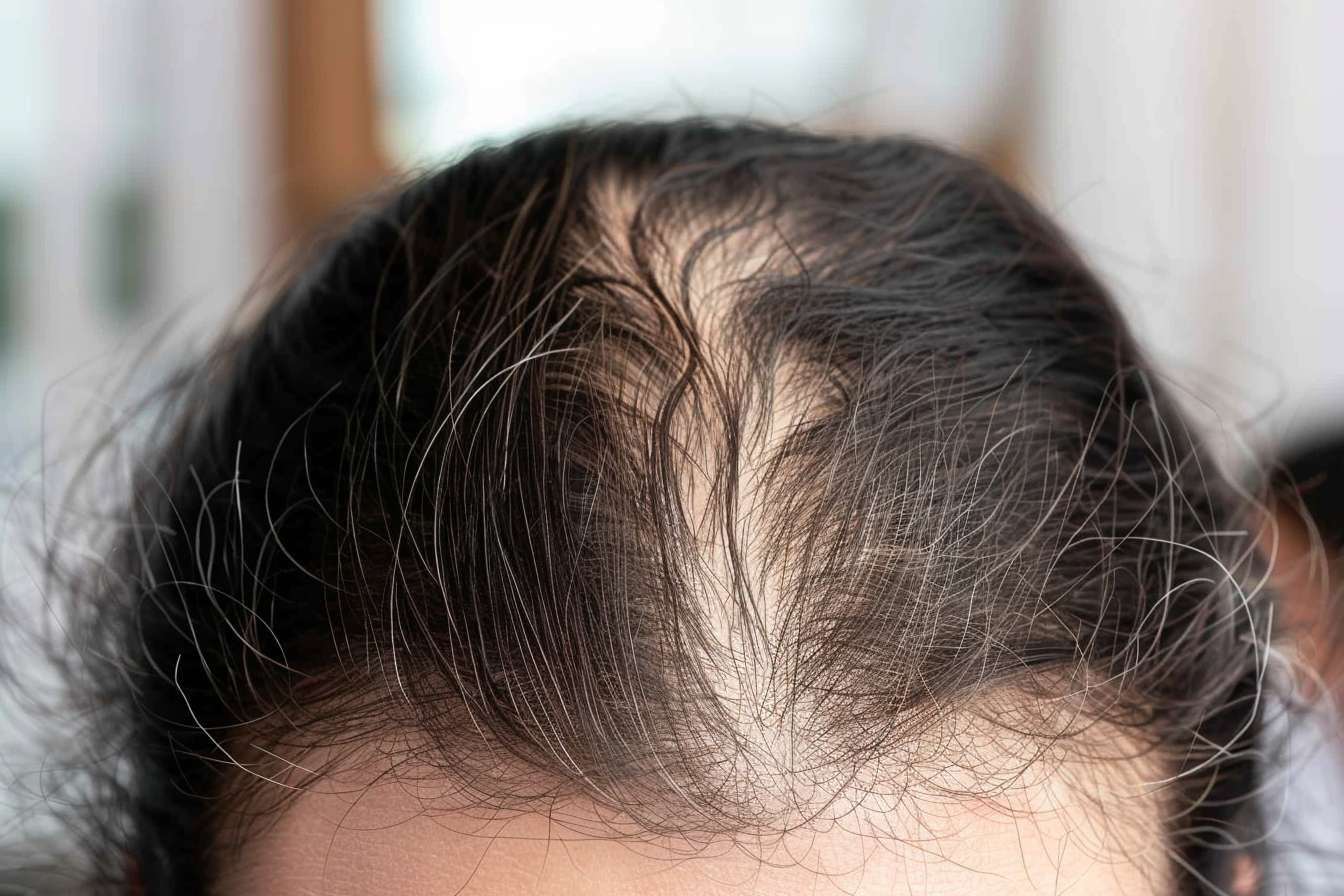The Transformative Power of Makeup: From Ancient History to Modern Times
Makeup has been used for centuries as a form of self-expression, beauty enhancement, and cultural ritual. Its historical roots stretch back to ancient civilizations, and it has evolved over time to reflect societal norms and values. Today, makeup is a multi-billion dollar industry and a cultural phenomenon, influencing beauty standards and offering individuals a way to express their personal style. This article explores the fascinating history of makeup, its cultural relevance, and its evolving role in society.

A Brush with History: The Origins of Makeup
The use of makeup can be traced back to ancient civilizations. In Egypt, both men and women used kohl to line their eyes and protect them from the harsh desert sun. The ancient Greeks used crushed berries to stain their lips, while in Rome, women whitened their faces with lead-based creams. These early forms of makeup were often tied to social status and religious rituals.
As societies evolved, so did the use and perception of makeup. In the Middle Ages, a pale complexion was considered a sign of wealth and nobility, as it indicated that one did not have to work outdoors. However, the use of makeup was also seen as deceitful and was often associated with witchcraft. In the Victorian era, makeup was frowned upon and seen as vulgar, with beauty being equated with moral virtue.
The Rise and Glamour of Modern Makeup
The 20th century saw a dramatic shift in attitudes towards makeup, spurred by innovations in beauty products and changes in societal norms. Hollywood’s influence was significant, with film stars like Greta Garbo and Marilyn Monroe popularizing bold lipstick and dramatic eye makeup.
The rise of the beauty industry also played a crucial role. Companies like Maybelline and Revlon introduced affordable, mass-produced cosmetics, making makeup accessible to the average woman. Advertising campaigns promoted the idea that makeup could enhance natural beauty and boost self-confidence.
Makeup as an Art and Form of Self-Expression
In today’s society, makeup is seen not just as a beauty enhancer, but also as a form of self-expression. Makeup artists, like Pat McGrath and Lisa Eldridge, have elevated the application of makeup to an art form, creating dramatic looks for fashion shows and red carpet events.
The rise of social media has also democratized the world of makeup. Beauty influencers and makeup tutorials on platforms like YouTube and Instagram have given individuals the tools to experiment with different looks and techniques. Makeup is now celebrated as a way to express individuality, creativity, and personal style.
Makeup and the Changing Beauty Standards
The role of makeup in defining beauty standards cannot be underestimated. Throughout history, makeup trends have reflected societal ideals of beauty. From the matte complexion and defined eyebrows of the 1920s to the bold, colorful trends of the 1980s, makeup has often been used to conform to these standards.
However, in recent years, there has been a shift towards more inclusive and diverse beauty standards. The advent of social media has exposed people to a variety of beauty ideals from different cultures and communities. This has led to a push for more diverse representation in the beauty industry, with brands introducing wider shade ranges and models of different ethnicities, sizes, and genders.
The Future of Makeup: Sustainability and Technology
The future of makeup is likely to be shaped by sustainability and technology. As consumers become more environmentally conscious, beauty brands are responding by adopting sustainable practices, such as reducing packaging waste and using ethically sourced ingredients.
Technology is also transforming the makeup industry. Virtual reality and augmented reality are being used to create virtual makeup trials, allowing consumers to try on different products and looks digitally. Meanwhile, the rise of personalized beauty, powered by artificial intelligence, is offering consumers customized makeup products based on their unique skin type and preferences.
In conclusion, makeup has come a long way from its ancient origins. It has evolved from a tool for beauty enhancement and social status to a form of self-expression and individuality. As we look to the future, makeup will continue to shape and be shaped by societal norms, cultural shifts, and technological advancements.




